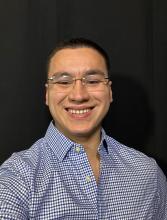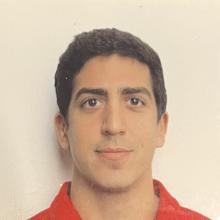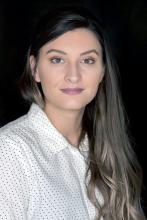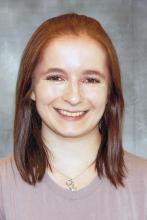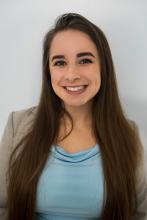Osvaldo A. Rodriguez Rivera
How has your education within the RGME master's program influenced your career path and professional endeavors?
The RGME master's program had a big influence in my career path and professional endeavors. The more time that passed and the more classes I took, the more I understood and was able to canalize what I wanted to pursue once I graduated. I started the program with the interest of pursuing one thing and ended the program pursuing something very different and this was due to the great guidance, freedom of choosing my electives and balance between science and business of the program. Since graduating, I've been working on my business venture and now I am very close to establishing my own company and achieving my goals.
Brandon Sassouni
What is a piece of advice that you wish someone had shared with you ahead of your time in the program?
Try to get hands on experience working with stem cell culture early on, and then decide where you want fit in within the industry-- along the spectrum from bench scientist, to more managerial or business type roles. Try to setup meetings with the many experts and specialists when you have an idea in their field and try to identify new opportunities to become the future expert on.
Lindsey Kaydo
What was your favorite part of the RGME program?
After two classes it became clear how well connected the Regenerative Medicine and Entrepreneurship program is to the full array of experts in the field. Each week a different scientific, regulatory or ethics topic was presented in depth to build our understanding of the complexities in the field.
Jessica Ludwig
What surprised you the most about the field of regenerative medicine or the RGME program?
I initially transferred to RGME from Biomedical Engineering because the program better fit my interests. What I did not realize at the time was how much more I would gain from each class in this program. The small class sizes allowed for one-on-one connection, not only with my peers but also with the instructor, program faculty, and guest lecturers.
Jordan Campanelli
Can you describe your path to pursuing a career in regenerative medicine and entrepreneurship?
While in undergrad I had planned to go to medical school. I took the MCAT, applied to schools, went through interviews, and then ultimately decided that wasn’t the direction I wanted to take my career. Thankfully, I found the RGME program and was immediately excited about it. I have always had an interest in stem cells, and I loved how innovative this field was.


